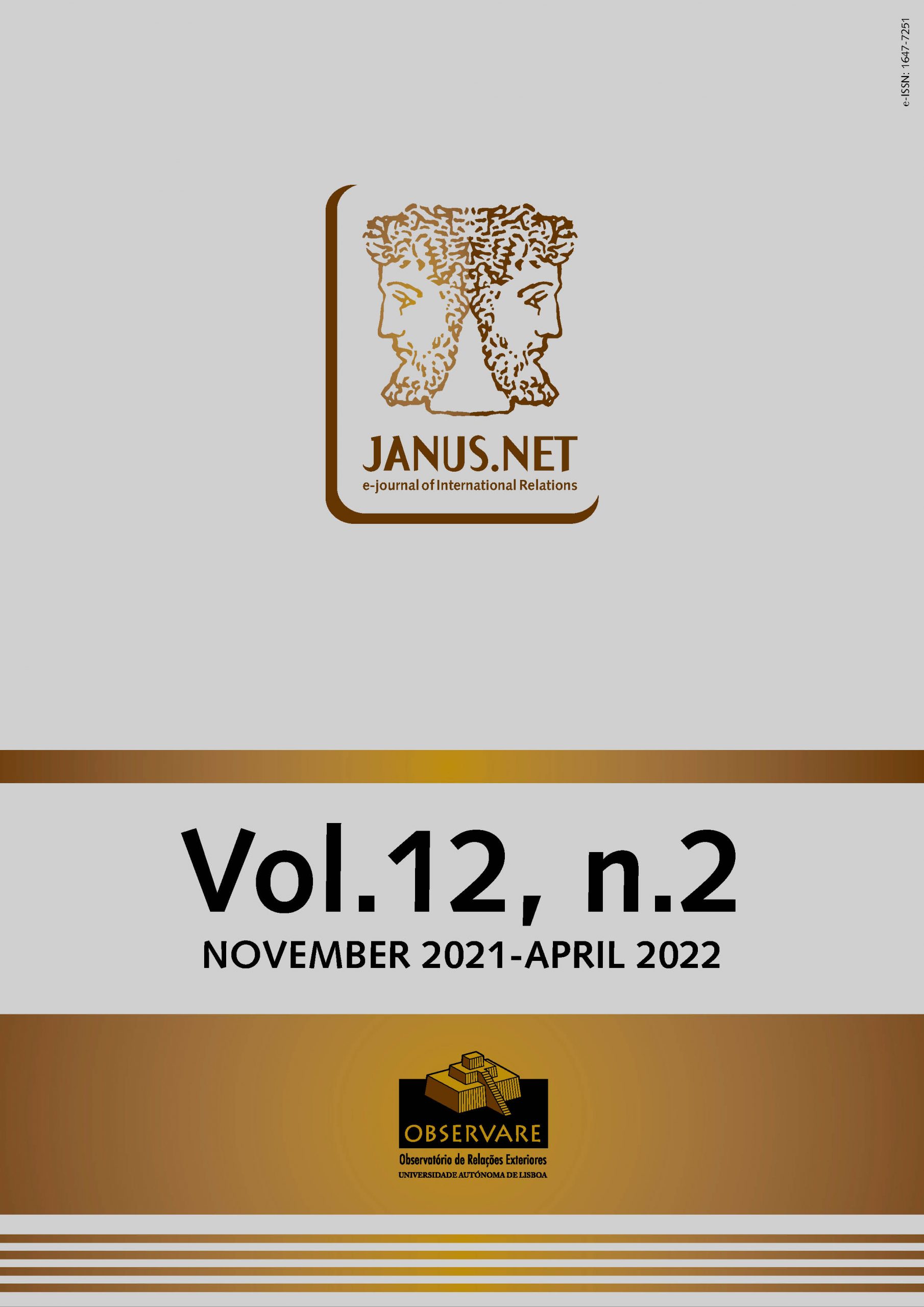The role of leaders in foreign policy analysis has an extensive literature and comprises subfields. Operational code and leadership trait analysis are prominent qualitative methods used in the field. However, the changing nature of international relations encouraged a rethink of the role of leadership in foreign policy and the analysis approach. In this respect, this article aims to introduce a new alternative leadership model, which is called the SNA Leadership Model, developed with four dimensions of; i) contextual background of the country, ii) personal background of the leader, iii) approaches and behaviors, and iv) reflections of background in making foreign policy. The model is developed as a new perspective about the role of leaders in foreign policy through an eclectic and holistic approach.
A NEW AND ALTERNATIVE LEADERSHIP MODEL TO ANALYZE THE ROLE OF LEADERS IN FOREIGN POLICY
Assistant Professor, Department of International Relations, Ankara Haci Bayram Veli University
(Turkey). Her current research centers leadership of Angela Merkel and Recep Tayyip Erdoğan vis
a vis Turkish-German relations and her research interests are Turkey- EU relations, integration of
Syrian refugees in Turkey, youth work. Also, she has been working on application of chaos and
complexity theory in international relations, and gastrodiplomacy and fashion diplomacy
Resumo
Palavras-chave
Como citar este artigo
Açikalin, Şuay Nilhan (2021). A New and Alternative Leadership Model to Analyze the Role of Leaders in Foreign Policy. In Janus.net, e-journal of international relations. Vol12, Nº. 2, November 2021-April 2022. Consulted [online] on the date of the last visit, https://doi.org/10.26619/1647-7251.12.2.1
Article received on 17 March, 2021 and accepted for publication on 3 September, 2021















